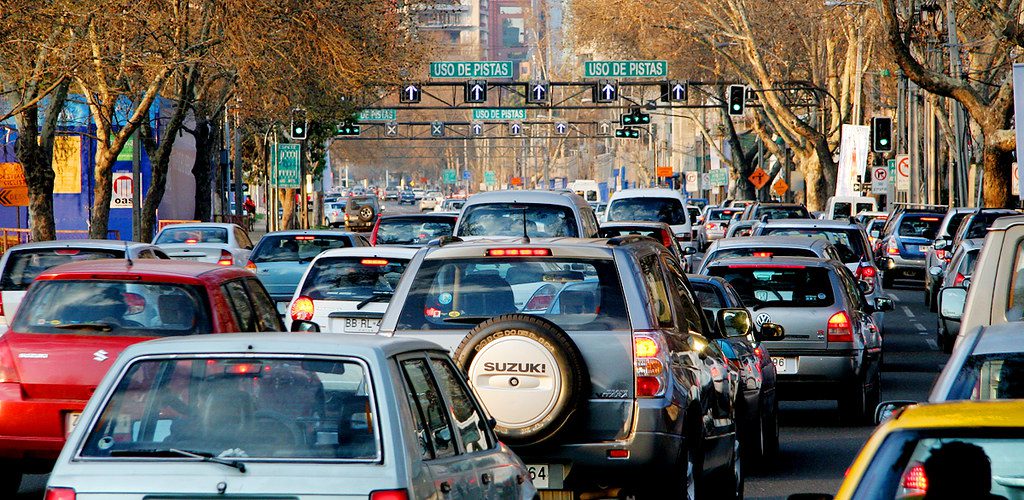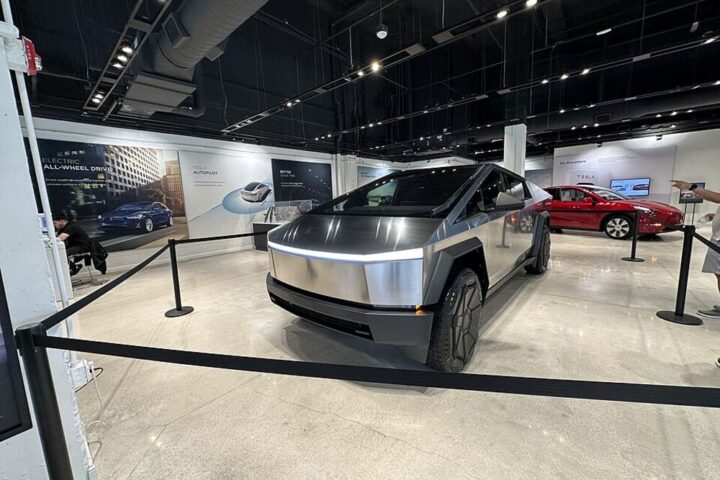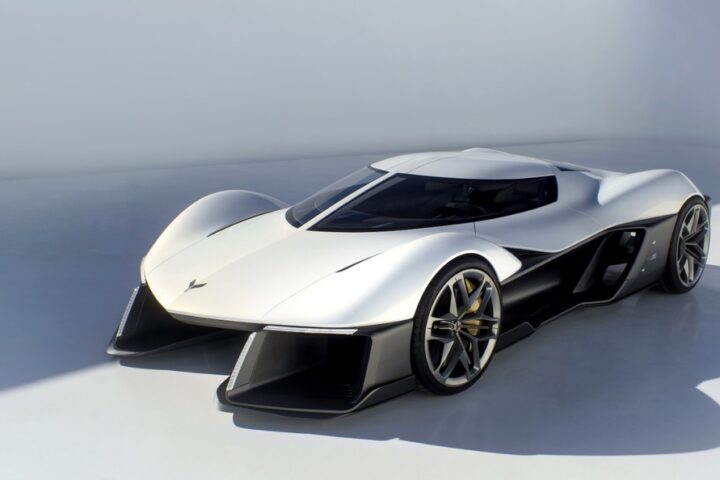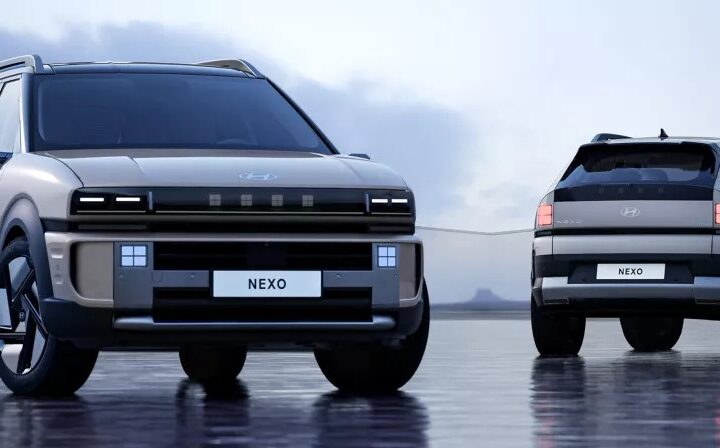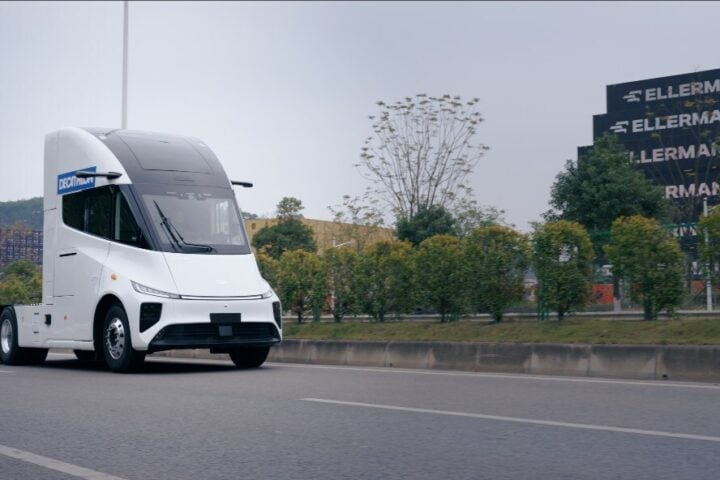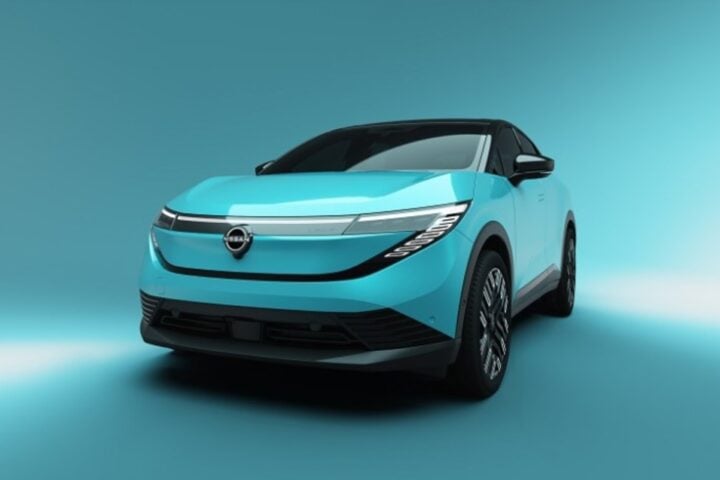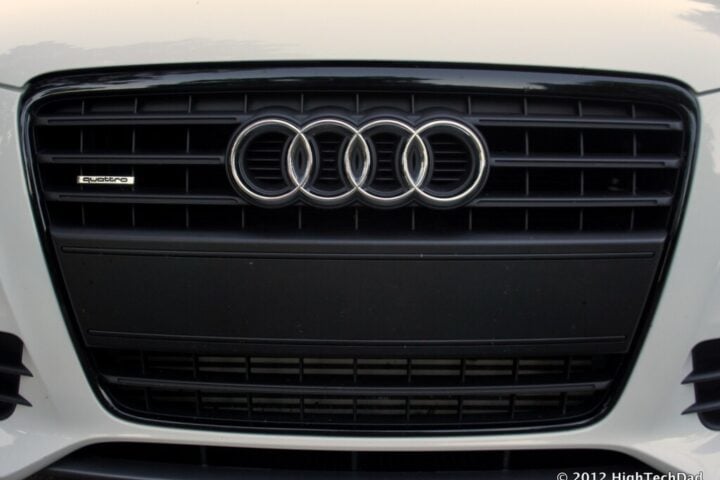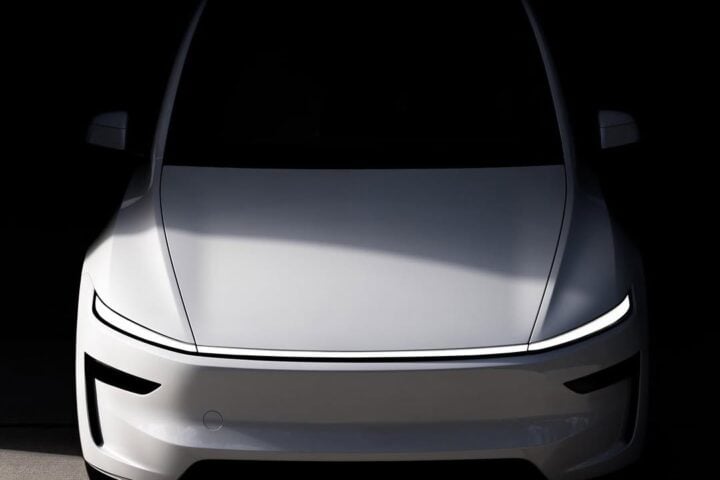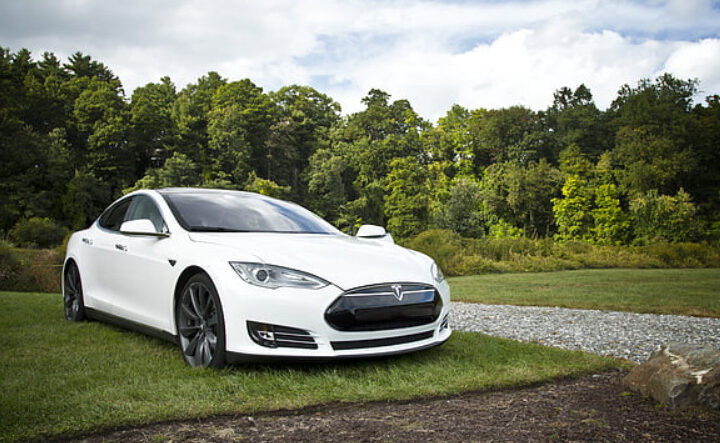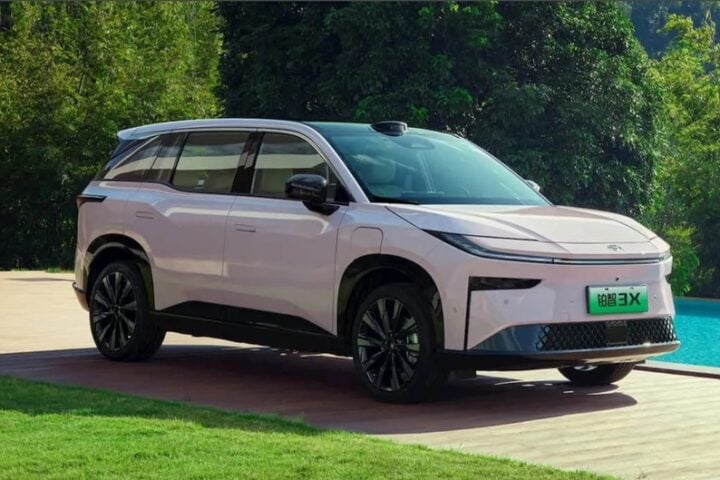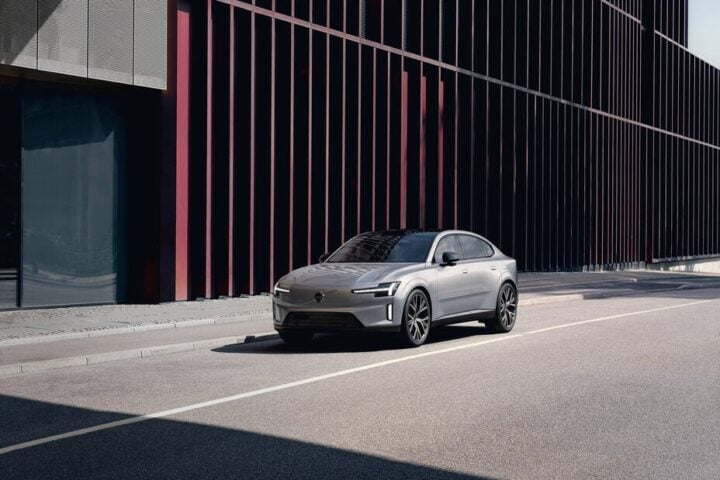During the United Nations Climate Change Conference COP26, held in 2021 in the Scottish city of Glasgow, United Kingdom, several countries committed to stopping the sale of gasoline cars starting in 2035. The global agreement was made to combat climate change by reducing greenhouse gas emissions. Among the countries committed to the agreement is Chile, the first in South America to stop selling gasoline cars. The decision was made because Chile, along with other countries worldwide, signed a treaty in 2021 during COP26, where it was established that the sale of new cars with internal combustion engines would be banned starting in 2035.
Countries like the United States, Canada, Denmark, India, New Zealand, Poland, Sweden, Turkey, and the United Kingdom agreed to switch to emission-free cars by 2035, with the goal of being emission-free worldwide by 2040. Similarly, three other South American countries—Colombia, Paraguay, and Uruguay—joined this measure and will implement it in 2040. According to the British government at the time, 39 cities, states, and regions, 28 fleets, and 13 investors adhered to the same goal. Additionally, car manufacturers also signed the agreement, including Ford, Mercedes Benz, and Volvo.
The European Union approved a law in early 2023 that will ban the sale of gasoline cars in its member states starting in 2035. For Germany, as well as for Italy, Romania, Bulgaria, the Czech Republic, and Hungary, the law set an initial deadline for the sale of gasoline-powered vehicles. The Netherlands, the Belgian region of Flanders, Sweden, Greece, and Slovenia plan to cease the sale of gasoline cars even earlier, between 2029 and 2031. Norway, for its part, has moved even further ahead, with almost 80% of new cars sold there already being fully electric, aiming to reach 100% by 2025. Chile had unveiled their National Electromobility Strategy in 2021 with an aim to sell only electric vehicles by 2035.
Sri Lanka has set the most ambitious goals: not only to gradually ban the sale of new gasoline cars but also to completely eliminate the circulation of cars, tuk-tuks, and motorcycles with combustion engines by 2040. According to Coltura, Vietnam and Indonesia have recently communicated similar initiatives for mid-century. As for hybrid vehicles, Canada, Slovenia, Singapore, and Japan are considering their gradual elimination favorably, although most of these countries also wish them to disappear by the established ban date.
Similar Posts
The agreement on stopping the sale of gasoline cars by 2035 was signed with the goal of combating the progress of climate change. Greenhouse gas emissions should be reduced by 2023. After the hottest day in history, the UN called for action against climate change. More than 70% of the global workforce is now at high risk of extreme heat. Alert: Buenos Aires triples the pollution of Córdoba and Santa Fe. Efforts are being made to reduce environmental pollution by eliminating the sale of gasoline cars. Photo: autolab
The COP26—or the 2021 Climate Change Conference of the Parties—was a crucial event in the fight against climate change. One of the most highlighted topics was the transition to electric vehicles and the gradual elimination of gasoline and diesel cars. At this conference, the following was agreed upon regarding gasoline cars: Global commitment: More than 100 countries, cities, states, and major companies signed the ‘Glasgow Declaration on Zero Emission Cars and Vans.’ Deadlines: The agreement sets the goal to end the sale of internal combustion vehicles by 2035 in the world’s major markets and by 2040 elsewhere. Reason: The transportation industry is one of the main sources of greenhouse gas emissions, so the electrification of transport is essential to achieving the climate goals of the Paris Agreement.
